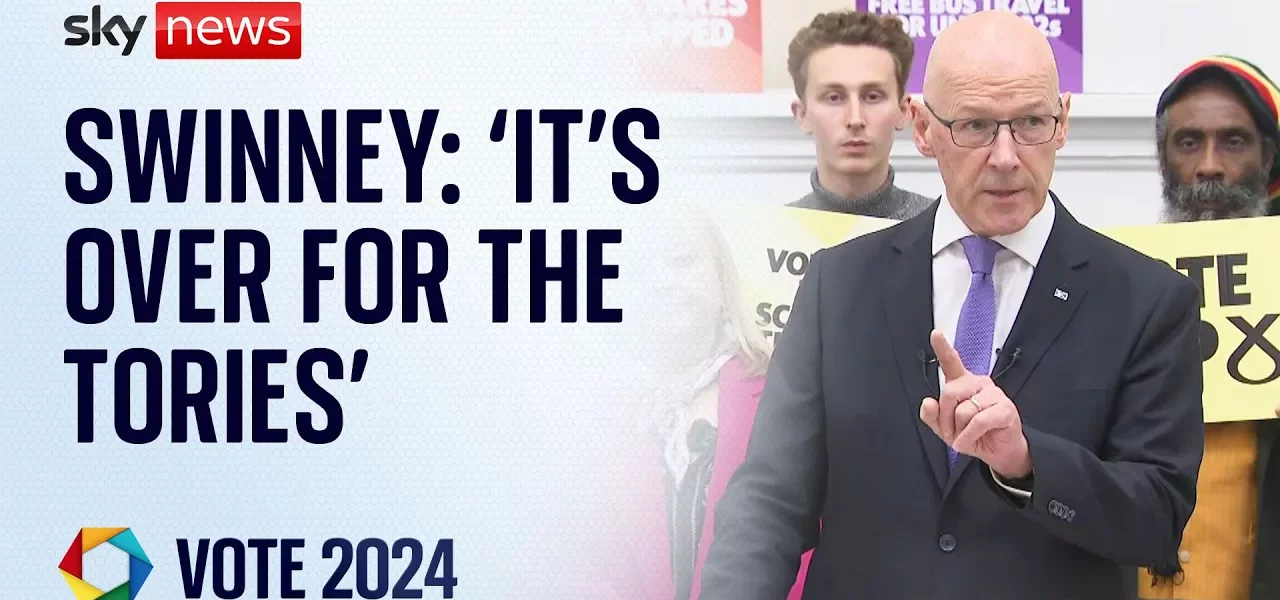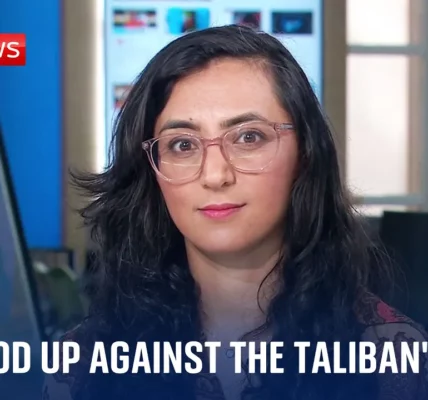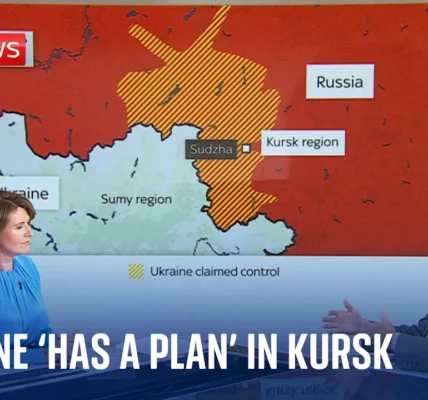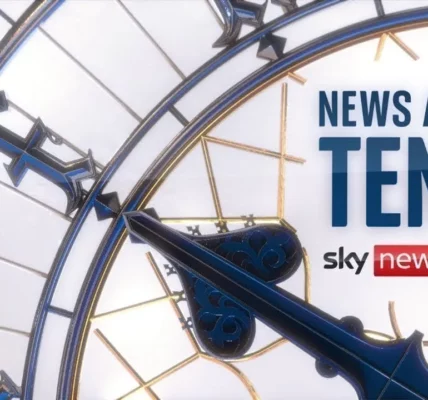John Swinney’s Speech on Public Spending and Democracy in Scotland

Join us as we delve into the recent address by SNP leader John Swinney, where he reflects on his experiences meeting veterans, the importance of democratic values, and the critical issues surrounding public spending and taxation in Scotland’s political landscape.
Introduction
In a powerful speech delivered in Glasgow, SNP leader John Swinney highlighted the significance of democratic freedoms while addressing the pressing issues of public spending and taxation. Swinney’s reflections were grounded in his recent meetings with veterans, who exemplified the sacrifices made for the freedoms that allow democratic debate. His remarks come at a pivotal time in Scottish politics, as the country stands on the brink of an important election, with choices that could shape the future of public services and economic policy in Scotland.
The Importance of Veterans’ Sacrifices
During his visit, Swinney met with Charlie Horn, a young fisherman who participated in the Normandy landings at just 17 years old. This encounter served as a reminder of the sacrifices made by individuals who fought for democracy and freedom. Swinney emphasized the following points:
- The need to honor the legacy of veterans by ensuring that their sacrifices are not forgotten.
- The importance of maintaining a society where democratic debate is valued and preserved.
- Reflection on the historical context of freedom and the responsibilities it entails for current and future generations.
These themes are critical as they frame the ongoing political discourse in Scotland, urging citizens to consider the implications of their electoral choices.
Debate Insights: K. Starmer vs. R. Sunak
Swinney shared his observations from a recent debate between K. Starmer and R. Sunak, particularly criticizing Sunak’s claims regarding tax increases. He argued that:
- The attack made by Sunak on Starmer was unfounded and lacked serious merit.
- Political discourse should be grounded in substantive arguments rather than misleading claims.
- Transparency and adherence to ethical guidelines should guide political leaders in their communications.
Swinney’s critique reflects a broader concern regarding the quality of political debate and the necessity for leaders to engage with the electorate honestly and responsibly.
Public Spending: A Crucial Election Issue
Swindey underscored that the upcoming election must focus on public spending—the real fault line in the current political climate. He asserted that:
- The Institute for Fiscal Studies indicates both Labour and Conservative parties are avoiding discussions on necessary spending cuts.
- Public services, including the NHS, education, and housing, depend on sound fiscal policies.
- There is a risk of significant cuts in public expenditure if current trends continue, impacting vital services.
He urged voters to critically evaluate party policies, particularly the implications of fiscal discipline adopted by the Labour Party, which mirrors Conservative strategies that have historically led to spending cuts.
The SNP’s Commitment to Public Services
Swinney highlighted the SNP’s commitment to progressive taxation, which has allowed the Scottish government to allocate an additional £1.5 billion to public services. Key aspects of this commitment include:
- Investment in the National Health Service to meet public expectations.
- Funding for schools and universities to equip the next generation with necessary skills.
- Enhancing the housing stock to meet community needs.
He argued that choosing the SNP means choosing continued investment in Scotland’s future, contrasting this with the potential for austerity under a Labour government that adopts Conservative fiscal policies.
Conclusion
Swinney concluded his speech by framing the upcoming election as a pivotal moment for Scotland. He urged voters to consider the long-term implications of their choices: voting for the Labour Party would equate to endorsing Tory spending cuts, while voting for the SNP signifies a commitment to investing in Scotland’s public services and future. This election is a critical opportunity for citizens to put Scotland’s interests first and ensure that the values of democracy and public investment are upheld. As voters head to the polls, the choice is clear—invest in Scotland’s future by supporting the SNP.
Call to Action: Engage in the democratic process by educating yourself on the parties’ policies and casting your vote to shape the future of Scotland!
“`




